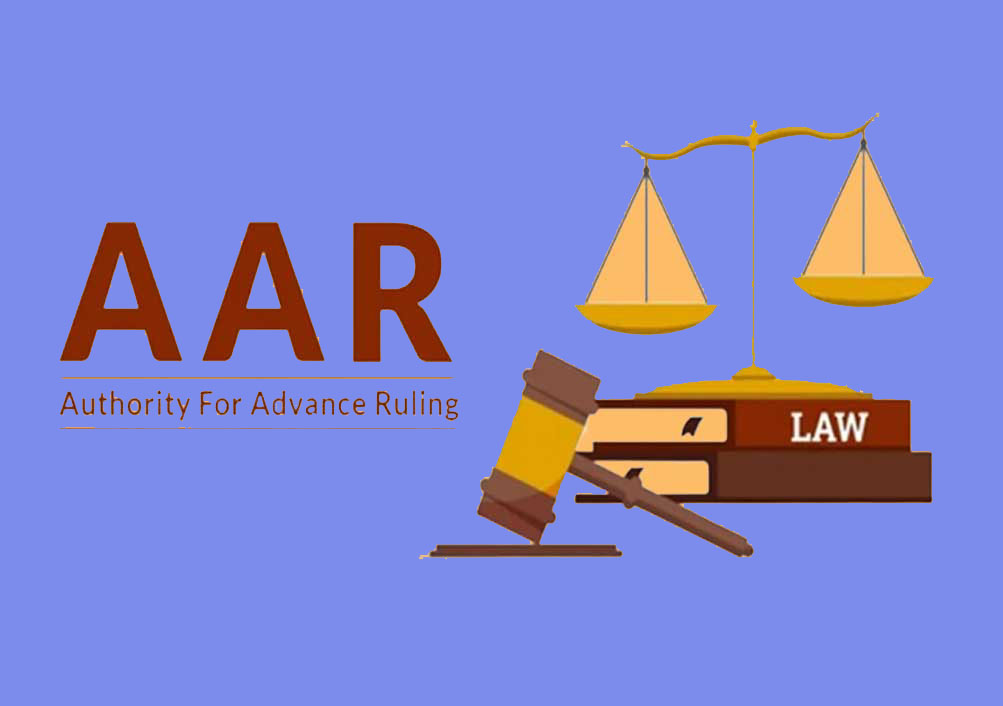InAdvance Ruling No. KAR ADRG 31/2023 -AAR- AAR (Karnataka) rules e-commerce operator not liable for GST on third-party ride-hailing services
Members M.P. Ravi Prasad (State) & T. Kiran Reddy (Central) [15-09-2023]

Read Order:In Re: M/s. Juspay Technologies Pvt. Ltd.
Chahat Varma
New Delhi, September 28, 2023: The Karnataka bench of the Authority for Advance Rulings had ruled that M/s. Juspay Technologies Pvt. Ltd. (applicant), an e-commerce operator, was not liable to collect and remit GST on ride-hailing services provided by third parties.
In the said case, the applicant operated as a technology services provider, connecting merchants with payment aggregators and gateways and had introduced the 'Namma Yatri' app on the ONDC platform, offering a ride-hailing SaaS platform tailored for Bengaluru's auto-rickshaw community. The applicant had sought an advance ruling to determine if they qualified as an 'e-commerce' operator under the Central Goods and Services Tax Act (CGST Act) and Notification No 17/2017, as well as to clarify the nature of supply under Section 9(5). They inquired whether services provided by service providers to their customers via the 'Namma Yatri' app amounted to supplies by the applicant and whether the applicant was responsible for collecting and paying GST on these services.
The two-member bench of M.P. Ravi Prasad (State) and T. Kiran Reddy (Central) observed that the Electronic Commerce Operator (ECO) means any person who owned, operated, or managed a digital or electronic facility or platform for electronic commerce, i.e., for the supply of goods or services or both, including digital products over a digital or electronic network. In the instant case, the applicant had owned a digital platform ('Namma Yatri' APP) for the supply of services. Thus, the applicant squarely fit into the definition and qualified to be an Electronic Commerce Operator.
However, the bench clarified that the applicant, due to their unique business model, simply facilitated the connection between the auto driver and passenger, and their involvement ended with this connection. They did not handle the collection of payments, had no control over the actual provision of the service by the service provider, did not possess the details of the ride, and did not operate a control room or call centre. The supply of services occurred independently of the applicant, and the applicant was only involved in identifying the service provider without taking responsibility for the operational aspects and completion of the ride. Therefore, it was concluded that the supply of services did not occur through the electronic commerce operator, but rather independently. Consequently, although the applicant met the definition of an e-commerce operator, they were not the party liable for discharging tax liability under Section 9(5) of the CGST Act.
Therefore, the ruling determined that the applicant met the definition of an e-commerce operator but did not fall under the nature of supply as outlined in Section 9(5) of the CGST Act, read with notification No. 17/2017 dated 28.06.2017. The supply made by the service provider (the individual who subscribed to Namma Yatri) to their customers (who were also subscribers to Namma Yatri) through the applicant's computer application did not constitute a supply by the applicant. Consequently, the applicant was not obligated to collect and remit GST on the services provided by the service provider to their customers through the applicant's computer application.
Sign up for our weekly newsletter to stay up to date on our product, events featured blog, special offer and all of the exciting things that take place here at Legitquest.




Add a Comment